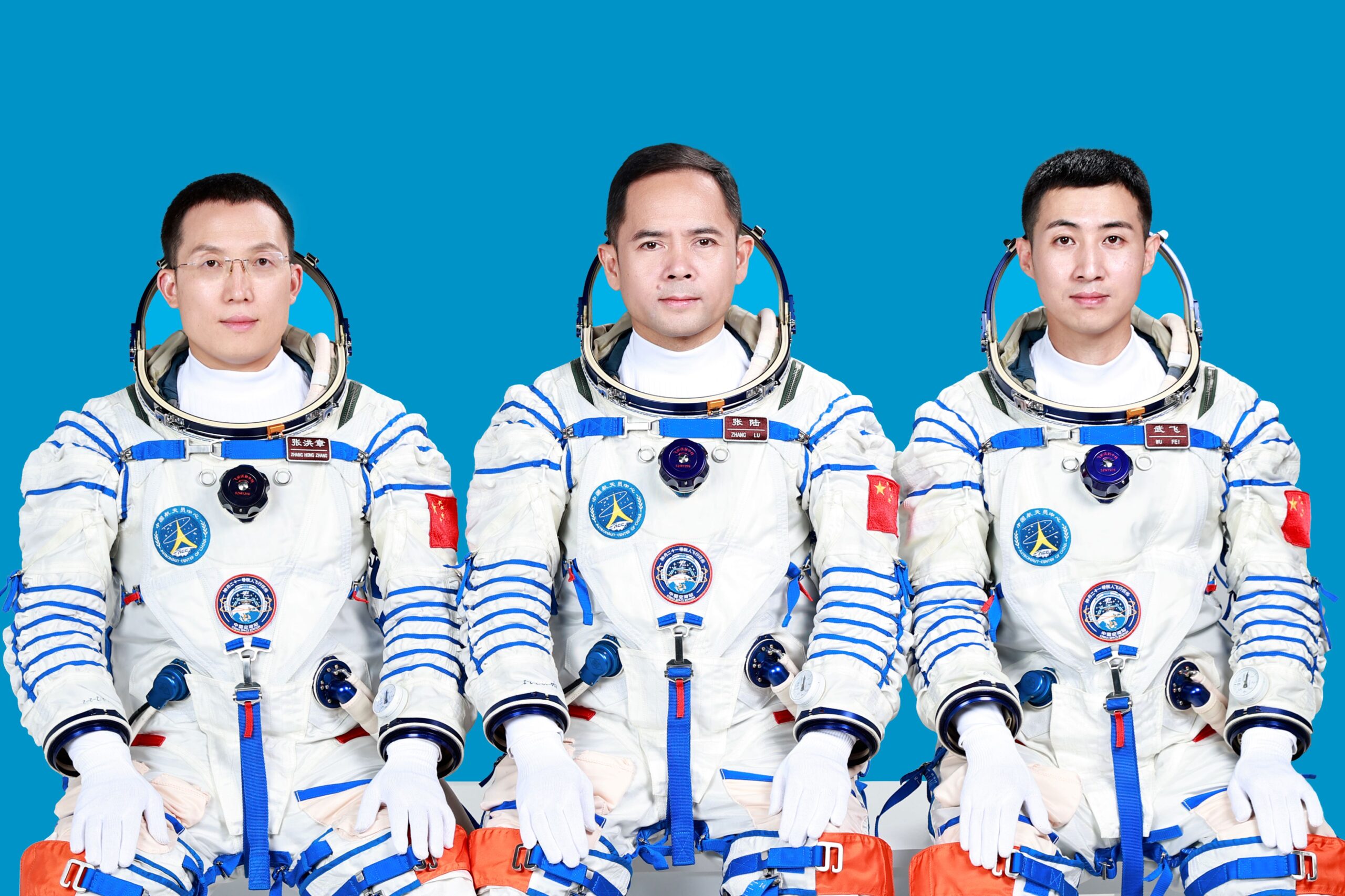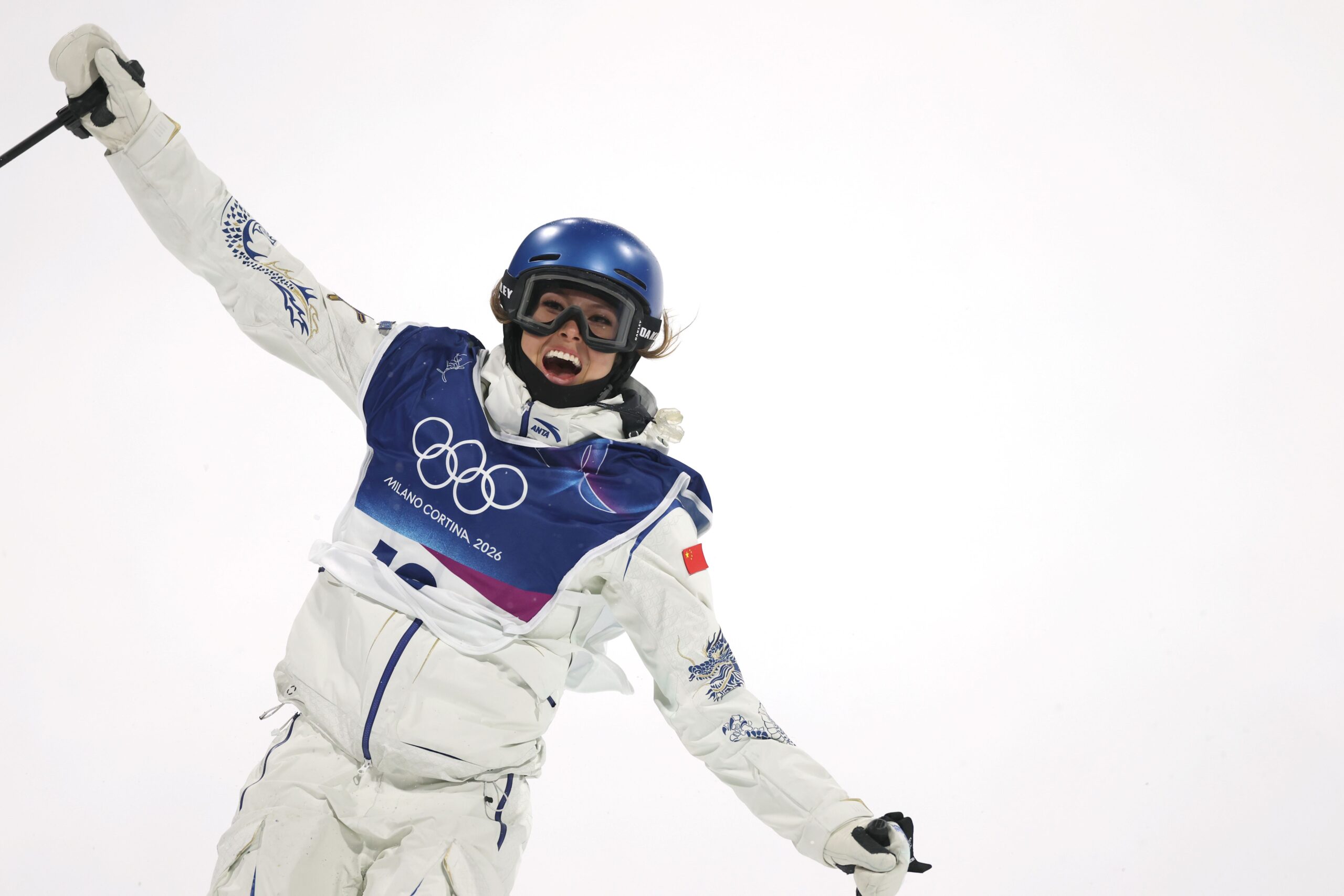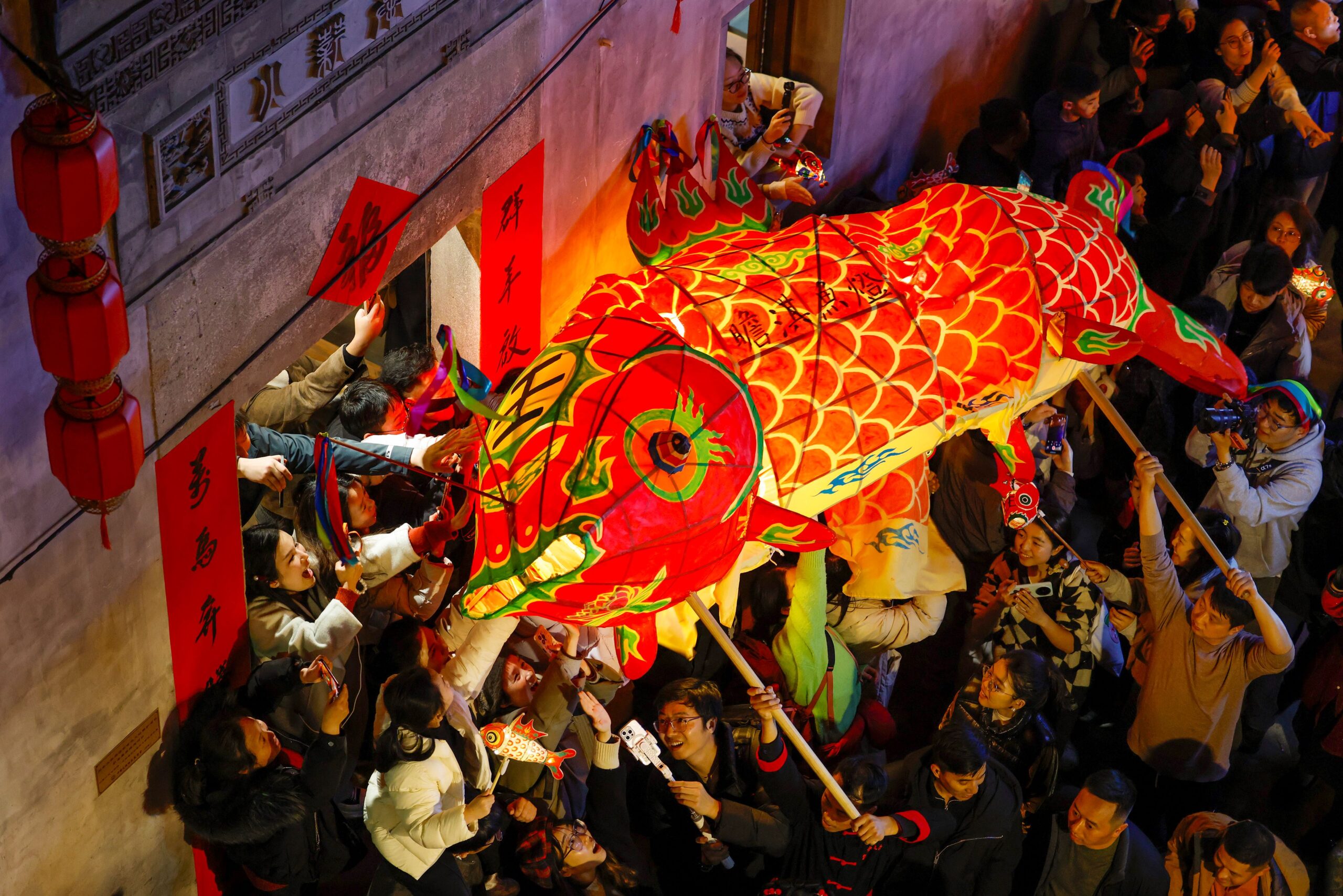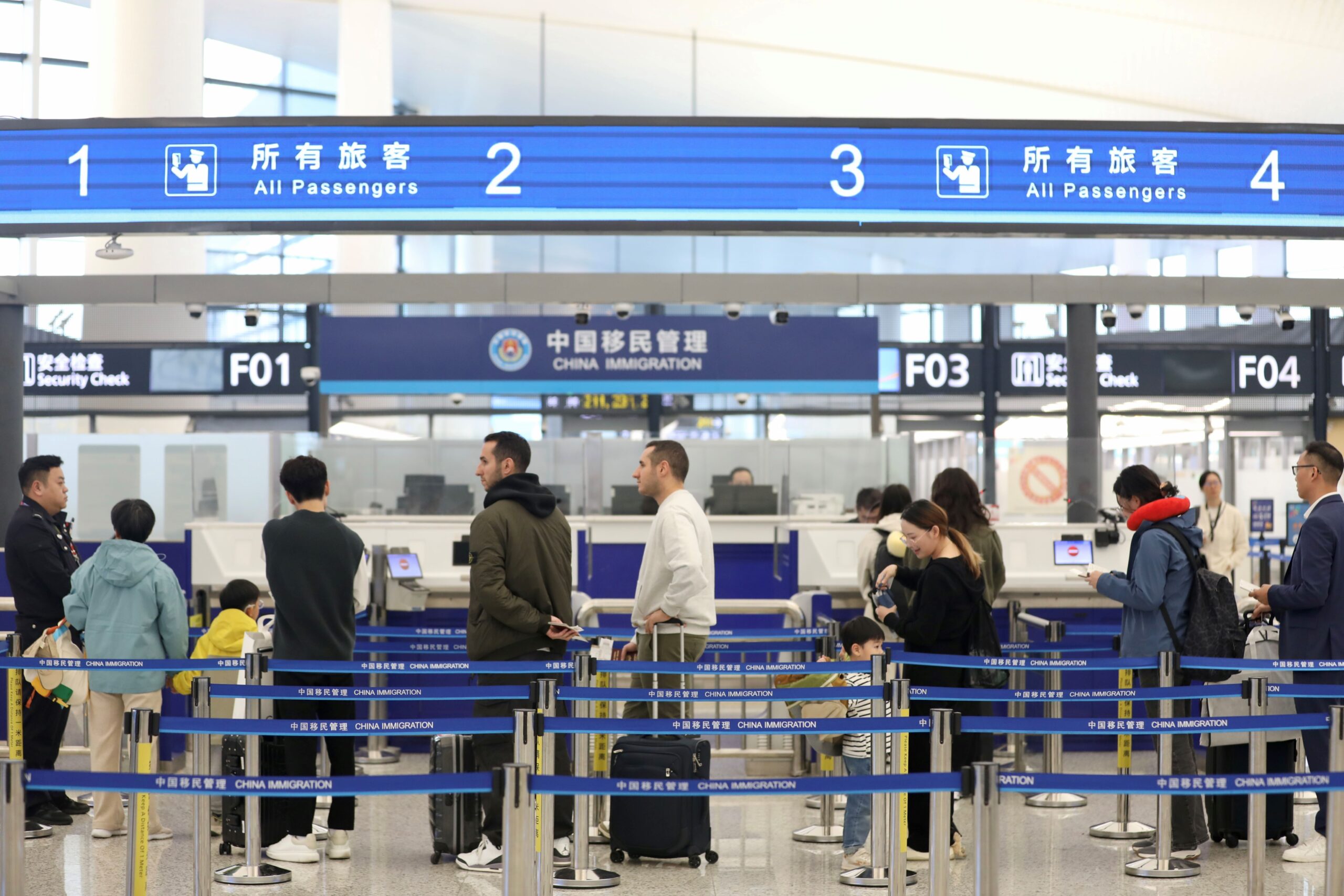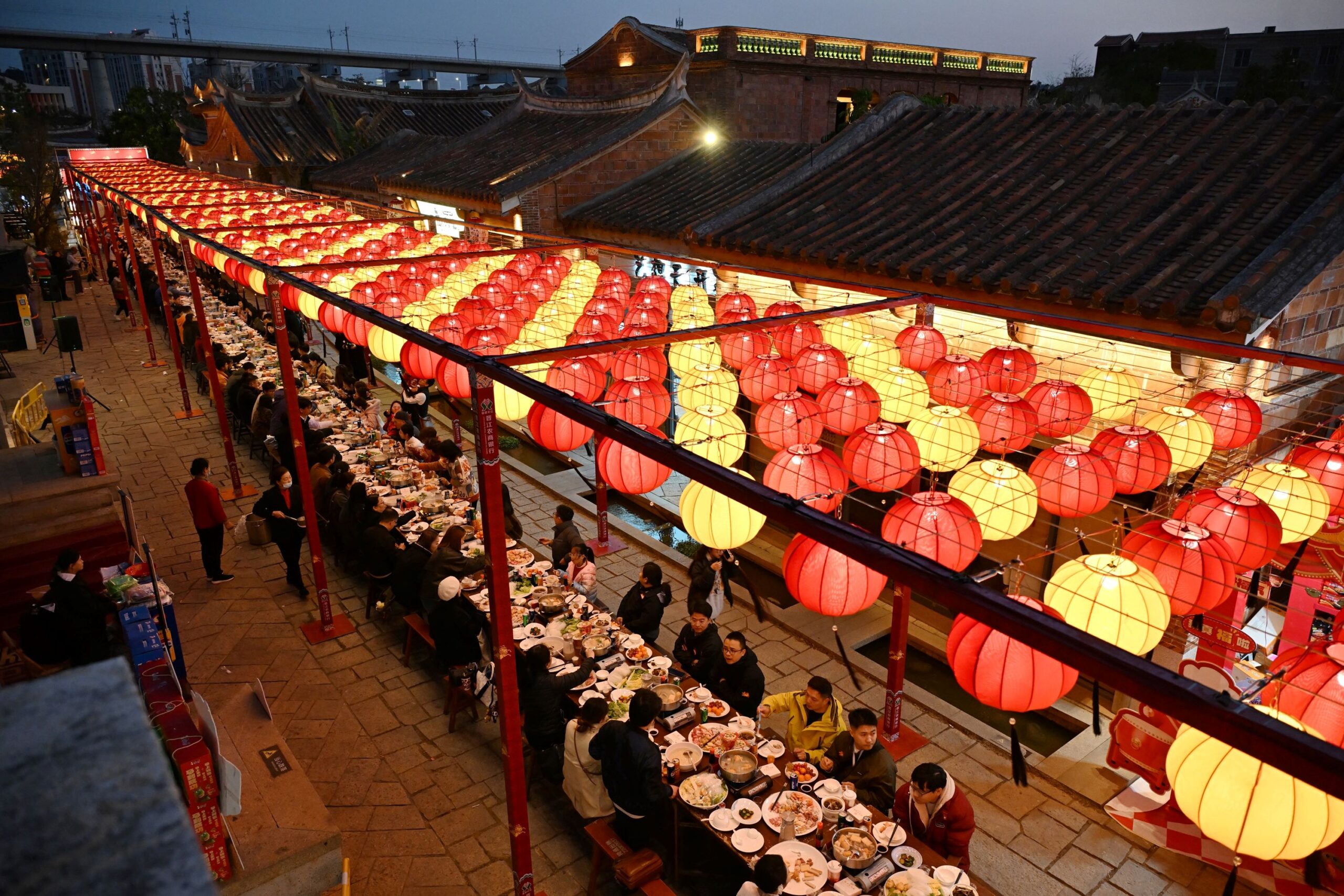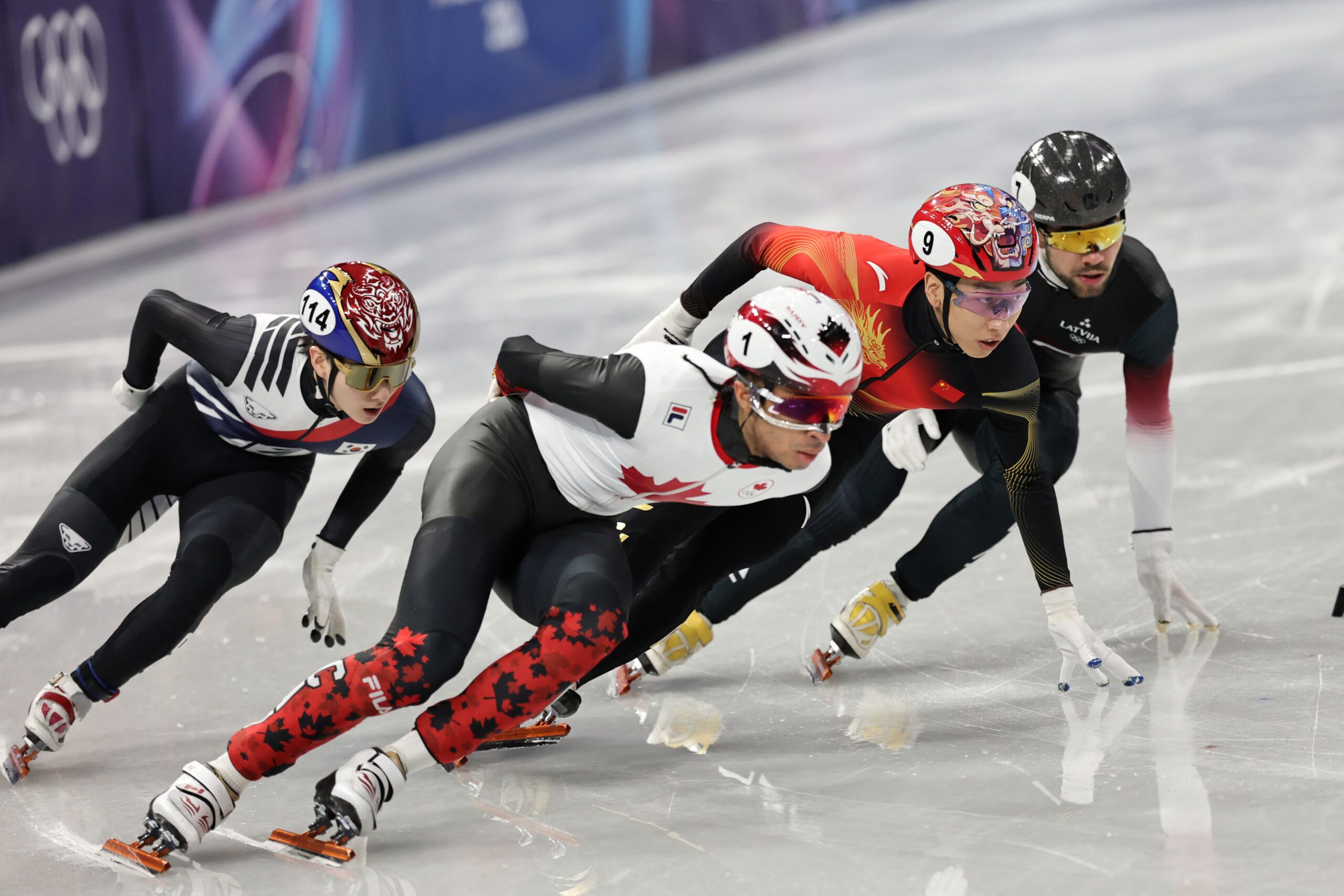China reveals the three astronauts of the Shenzhou-21 mission to the Tiangong space station, including Zhang Lu, Wu Fei, and Zhang Hongzhang.
China has revealed the three astronauts who will soon travel to the Tiangong space station aboard the Shenzhou-21 crewed spacecraft. The crew includes spacecraft pilot Zhang Lu, flight engineer Wu Fei, and payload specialist Zhang Hongzhang, with Zhang Lu serving as the mission commander. They represent three generations of Chinese astronauts, born in the 1970s, 1980s, and 1990s.
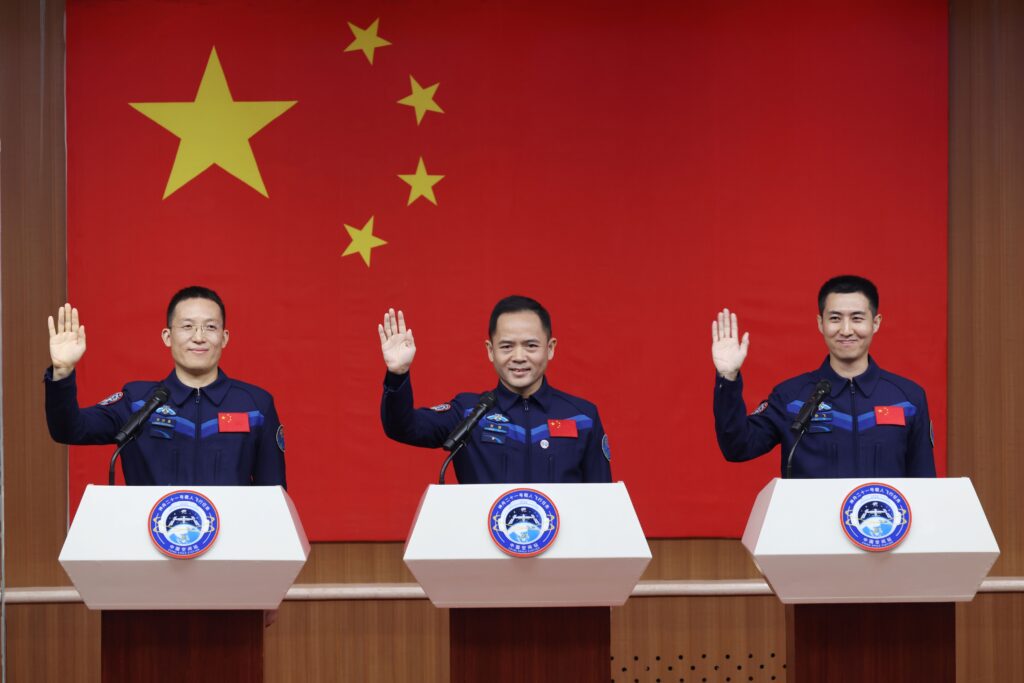
The Crew and Their Mission
Commander Zhang Lu returns to the Tiangong space station after more than two years. He will celebrate the Lunar New Year in orbit and hopes to combine Chinese culture with space exploration in a new way.
Wu Fei and Zhang Hongzhang, both from China’s third batch of astronauts, will make their maiden spaceflights. Wu Fei, born in 1993, will become the youngest Chinese astronaut to date. Zhang Hongzhang will carry out experiments to study how they perform in microgravity conditions.
Launch and Space Station Operations
The Shenzhou-21 spacecraft is scheduled to be launched at 11:44 p.m. Beijing time on October 31 from the Jiuquan Satellite Launch Centre. About 3.5 hours after liftoff, the spacecraft will dock autonomously with the Tiangong core module, forming a three-ship, three-module combination.
During their stay in orbit, the crew will welcome visits from the Tianzhou-10 cargo spacecraft and the Shenzhou-22 crewed spacecraft. They will also carry out extravehicular activities, manage cargo transfers, install debris protection devices, handle external payloads, and conduct science education and public outreach activities.
Scientific Experiments and Achievements
The mission will include 27 new scientific and application projects, focusing on fields such as space life science, biotechnology, and aerospace medicine. For the first time, China will conduct an in-orbit experiment involving rodents. Four mice — two males and two females — will travel with the spacecraft. Astronauts will study how microgravity and confined space environments affect behaviour. After returning to Earth, scientists will analyse how multiple organs and tissues respond and adapt to the space environment.
Other experiments include studies on the relationship between the origin of the genetic code and molecular chirality, as well as space applications of lithium-ion batteries, providing data for future research and in-orbit applications.
China’s previous crew, Shenzhou-20, has spent 188 days in orbit and is on track to set a new record for the longest space stay by a Chinese astronaut crew. All three astronauts are in good condition. Commander Chen Dong has become the first Chinese astronaut to spend more than 400 days in space. He has completed six extravehicular activities, the most among Chinese astronauts to date.
Additional reporting by Global Times, CNS.
If you liked this article, why not read: Chinese Space Station Received Deliveries from Tianzhou 9 Spacecraft.

